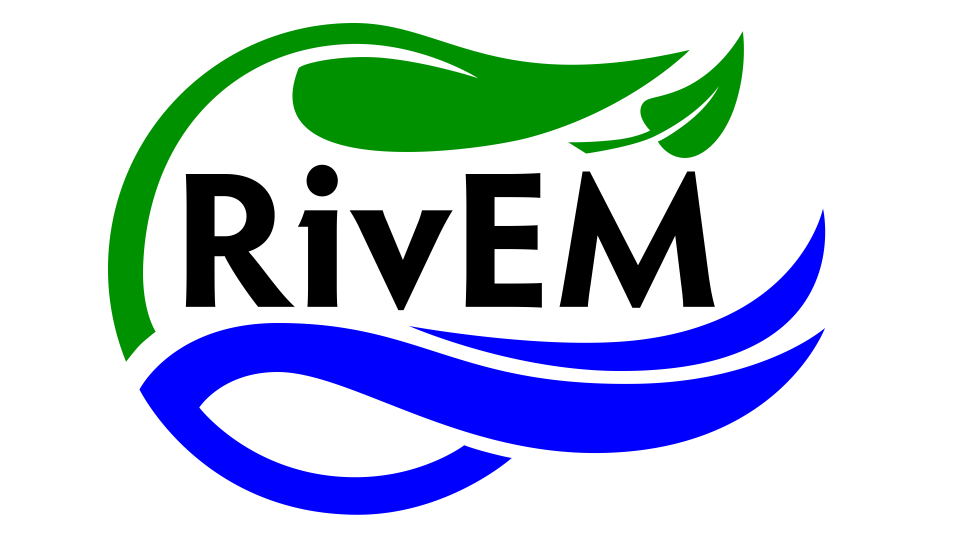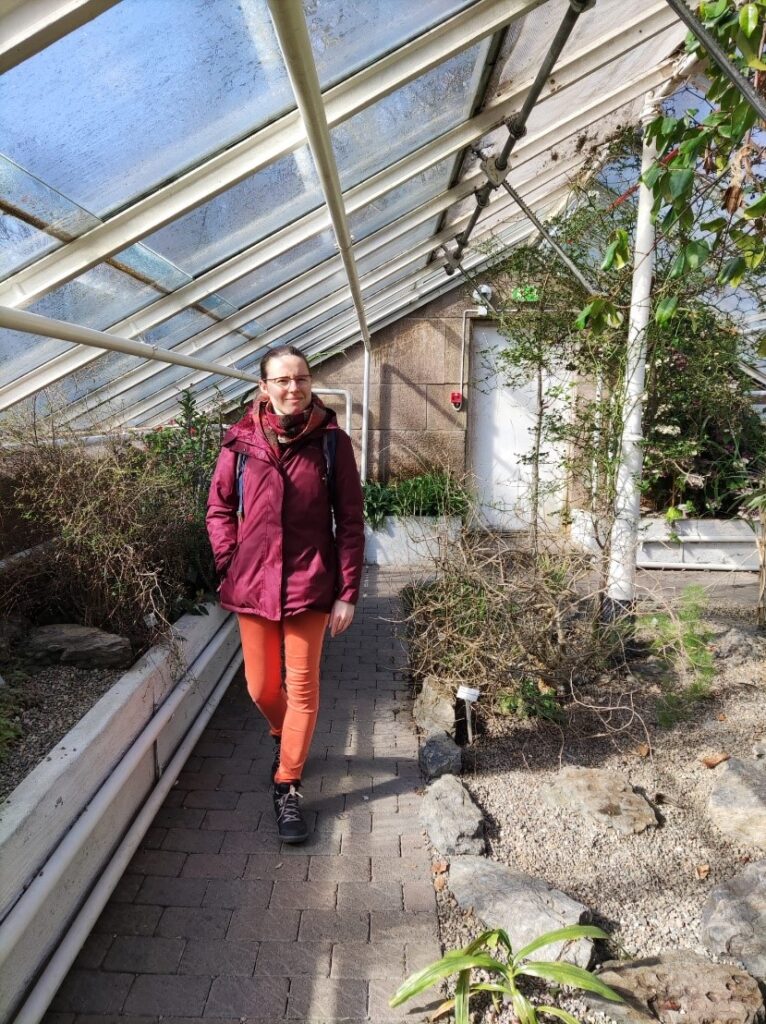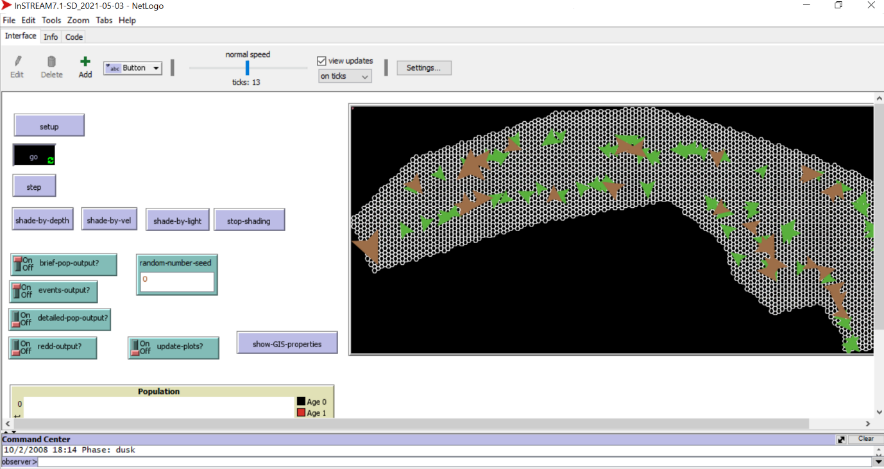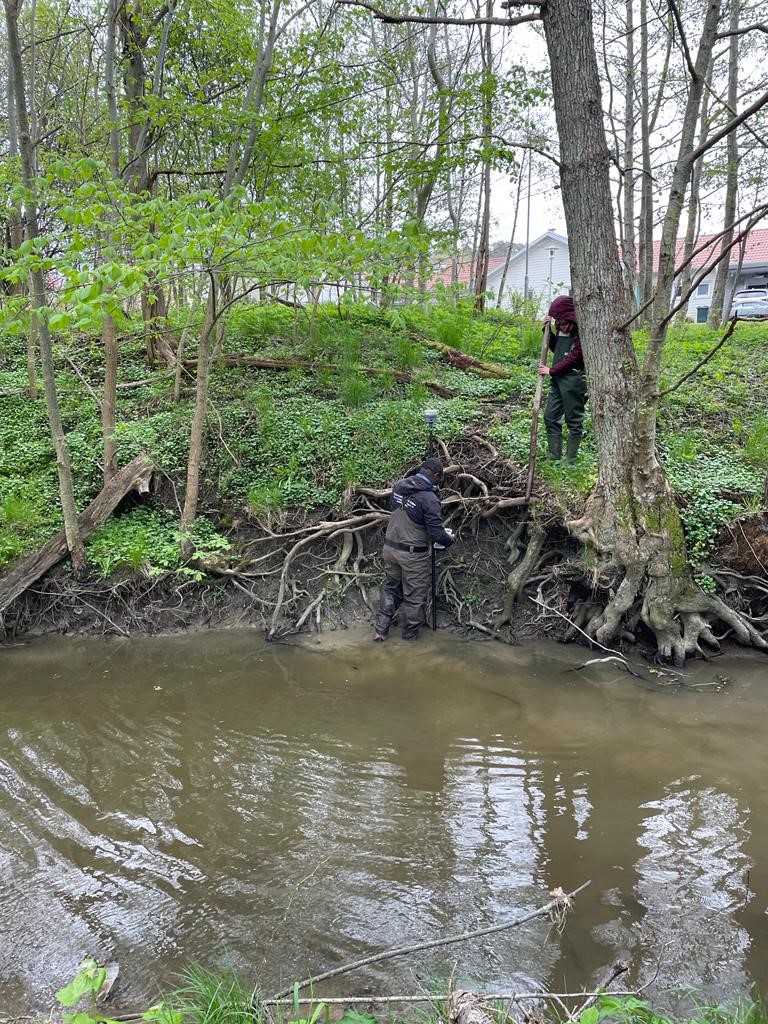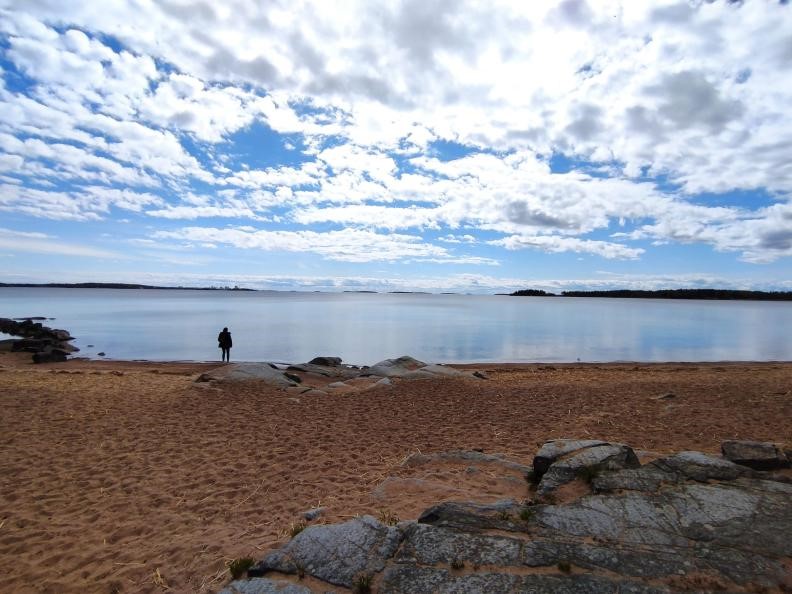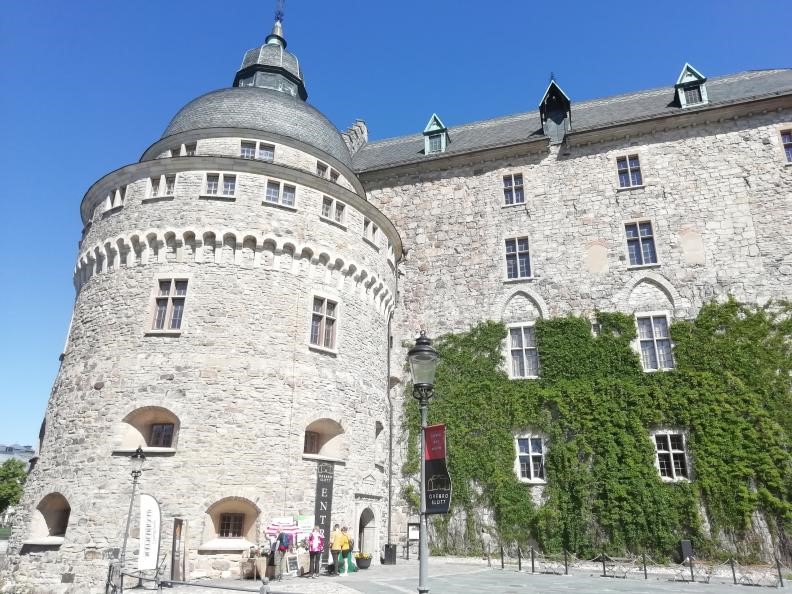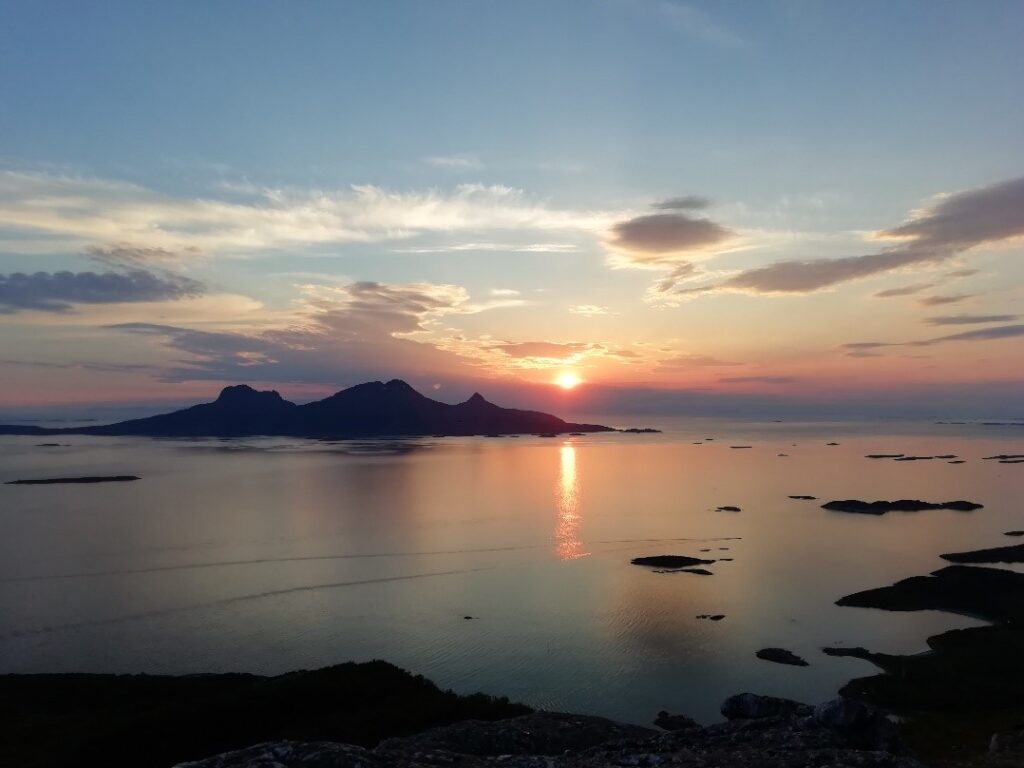Internship experience at Karlstad University by Lise Meneboo
Posted by Louis Addo | intern experienceHej! My name is Lise Meneboo. I am a student at l’Institut Agro Dijon (France) in a 5-year degree equivalent to a master’s level. My student programme focuses on agriculture and the environment and includes a 5-month internship abroad.
That is why I was in Karlstad in the River Ecology and Management group from mid-March 2022 to the beginning of August 2022! I chose this place because I was interested in ecology, the aquatic field, fish and more. I generally wanted to discover research in this field. Here, I mostly worked with John Piccolo (my supervisor), Mahboobeh Hajiesmaeili and Louis Addo. The main projects I was involved with focused on hydropower regulation, particularly hydropeaking and its effects on fish habitat and population dynamics. I had the wonderful opportunity to be part of a modelling project, a laboratory project and a field riverbed survey in Göteborg. All these different projects aimed at improving fish habitat and population on the river reach impacted by hydropower regulation.
Prior to starting the laboratory experiment and handling fish, I took a mandatory course in animal welfare and legislation in Sweden.
Moreover, I worked on InSTREAM 7 (an ecohydraulic model shown in Figure 1), an individual-based model. The goal was to estimate the effects of peaking flows on the abundance and the growth of Atlantic salmon (Salmo Salar) and brown trout (Salmo trutta) in the Gullspång Rapids, a residual flow stretch in the hydropower-regulated Gullspång River in Sweden. In fact, this modelling software is a useful tool to understand and manage fish population responses to short-term flow fluctuations.
Concerning the lab experiment, the main focus was to determine the effects of short-term flow fluctuations and flow changes on the drift-feeding behaviour of Atlantic salmon and brown trout parr. Three flow treatments are used: stable flow (one or two pumps) and fluctuating flow. After each trial, all the fish are dissected to see the quantity of food in their stomach. Cameras were set at a close range to film each trial to see the behaviour of the fish (particularly at the feeding time) and their location in the aquarium.
I also had the chance to go on a field in Göteborg with my team in May 2022. We took riverbed measurements with a GPS station and measured river velocity. It was the first days of rain of my stay! However, that was nice to enjoy fieldwork with all of them.
Another goal of this internship was to improve my English and I think I did pretty well. Compared to before, my English comprehension and expression are much better today even if there is still progress to be made (maybe another time). This semester was also a wonderful opportunity to discover the Swedish culture and cultures from all over the world with so many international meetings! Furthermore, I had an amazing time discovering Sweden (and Norway!) with either some friends, my mom, or people from the department!
Finally, I want to thank John Piccolo who coordinated my internship and all the staff including other researchers, PhD students, … of the KAU biology department, in particular Louis Addo, Mahboobeh Hajiesmaeili ( a Post-Doctoral Researcher) and Johan Watz (Associate Professor). That was a great teamwork with Mahboobeh and Louis. It was such a wonderful experience to meet so many researchers and to work in a nice environment. Erasmus+ funding made this internship possible for me, so a thank you also goes to the International Office, here in Karlstad and at my study university in Dijon
